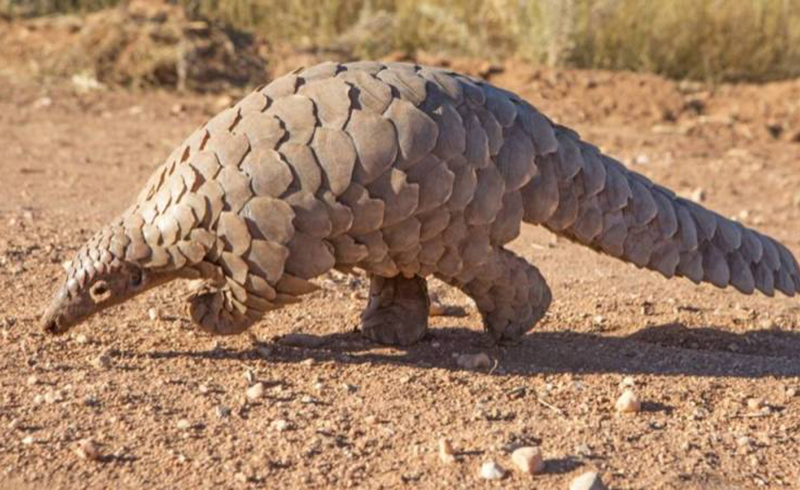- Crime and Courts
- No Comment
Botswana: Zimbabwean duo in illegal possession of pangolin

FRANCISTOWN: Two men from Zimbabwe appeared in court Tuesday to face a count of capturing a protected game animal and another for entering Botswana unlawfully.
According to the charge sheet, Kelvi Maposa, 43, and Matitshidza Sibanda, 33, both unemployed and from Plumtree in Zimbabwe, being persons not licensed, authorised or exempted unlawfully captured a pangolin being a protected game animal without a permit to do so.
The state alleges that the offence happened on July 23 at Coloured location in Francistown. The accused pleaded guilty to the offence while the State is waiting for a certificate from the laboratory to confirm if the animal the accused were in possession of is pangolin, also known as kgaga in Setswana.
In the second count, the State alleges that the accused entered Botswana through an ungazetted point of entry.
The particulars of the offence are that on July 19 at or near Maitengwe village, Maposa and Sibanda entered Botswana through an illegal point of entry. The accused have also pleaded guilty to the offence.
They were arrested at Coloured location following a tip off from a member of the public. They were allegedly using the pangolin for traditional medicine. Facts in respect of both counts will be read to the accused on Thursday before Senior Magistrate Tshepo Magetse. Prosecutor Mothusi Meshack appeared for the State in the matter.
According to the International Fund for Animal Welfare (IFAW), a global non-profit helping animals and people thrive together, pangolins are the most trafficked mammals in the world due to high demand for their scales and claws in traditional medicine.
“Their meat is considered a delicacy in some Asian countries and consumed as bush meat in some African countries. All eight species are now threatened with extinction, and three species—the Chinese pangolin, the Philippe pangolin, and the Sunda pangolin—are listed as critically endangered. In traditional medicine, pangolin scales are believed to improve circulation, reduce inflammation, stimulate lactation, and relieve skin diseases, even though there is no scientific evidence that they provide any health benefits,” as per IFAW.
